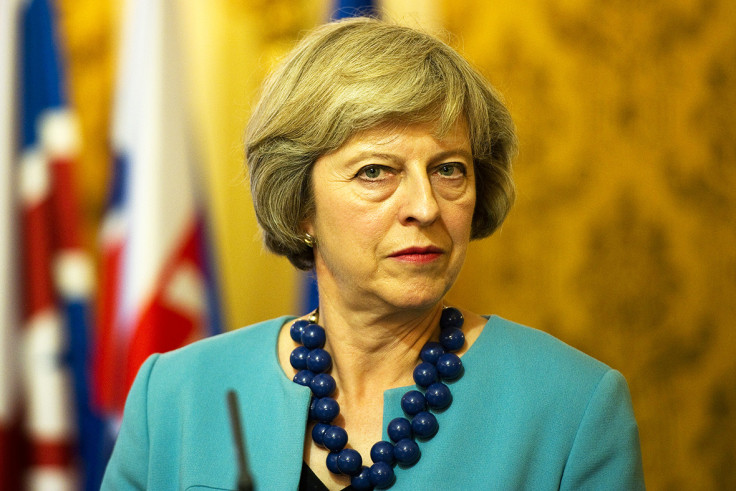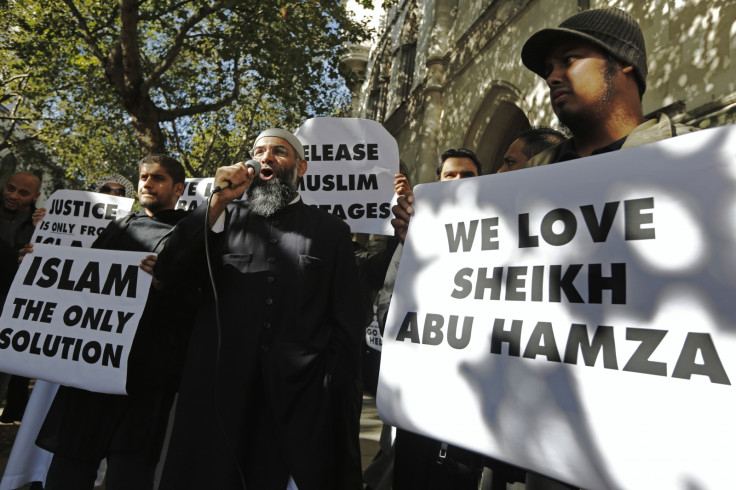Theresa May looks to ban hate preachers from mosques and universities to tackle extremism
The prime minister is looking to toughen up anti-terror laws following Anjem Choudary's conviction.

Theresa May's government is looking at ways to clamp down on hate preachers following the conviction of radical cleric, Anjem Choudary. Measures being considered include banning them from entering mosques and universities, as well as blanket bans to stop extremists from addressing large groups in public spaces in a bid to tackle radicalisation.
The government is also exploring how it can force social media sites to remove hate-filled messages and videos online. Since taking office last month, May has made combating extremism one of her "top priorities" and the measures would surpass laws brought in by David Cameron, the Telegraph reported.
A new Extremism bill is set to be tabled in May 2017. Constraints surrounding the UK's anti-terror laws were back on the agenda after Choudary was finally found guilty of inviting support for the Islamic State (Isis) earlier this week after 20 years of playing cat and mouse with law enforcement.
Choudary – who has openly advocated Sharia law – has been linked to 15 terror plots since 2000 and 500 British jihadis who fled the UK to join IS (Daesh) in Iraq and Syria.
The 49-year-old faces up to 10 years in prison. His supporters included suspected IS killer Siddhartha Dhar, as well as Michael Adebolajo and Michael Adebowale, who brutally hacked soldier Lee Rigby to death in Woolwich, London, in 2013.

The Government's Independent Reviewer of Terrorism Legislation has urged the government to implement tougher laws to avoid a repetition of future cases. David Anderson acknowledged that "until now the law has barely touched Anjem Choudary."
He added: "In the meantime a lot of people have been radicalised and yes, we do need to look at what might be done if there are impediments, technical reasons why it's not as easy to get convictions under these laws as it should be."
May has adopted a tough stance on extremism and spoke out against tolerating those who reject the Britain's core values. "Where non-violent extremism goes unchallenged, the values that bind our society together fragment," May said in February when she was the Home Secretary.
"So while by no means all extremism leads to violence, it creates an environment in which those who seek to divide us can flourish," she added.
© Copyright IBTimes 2025. All rights reserved.




















